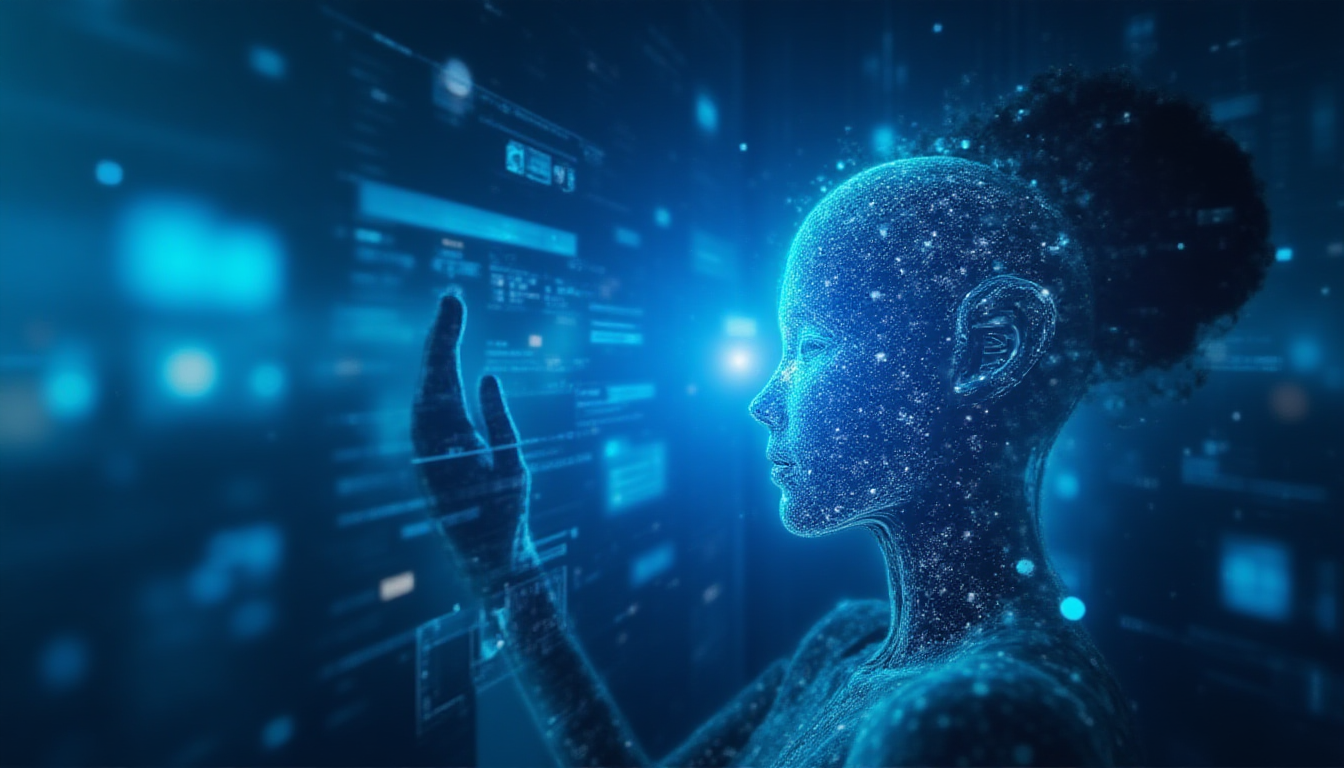The Future of AI Clones: Transforming Customer Experience with Virtual Avatars
Introduction
In an era where technology is deepening its roots across various sectors, AI technology stands out as a trailblazer, reshaping the contours of modern interaction. From streamlining operations to crafting personalized experiences, artificial intelligence is not just a tool but a transformative force. Within this dynamic realm lie AI clones—digital doppelgängers that are predicted to pivot how businesses engage with customers. Once the domain of science fiction, these virtual avatars are stepping into the limelight, offering new dimensions to customer experience.
Background
What exactly are AI clones, and why are they significant? In essence, AI clones are digital replicas generated through sophisticated AI technology that simulate human-like characteristics and interactions. They leverage advancements like machine learning and neural networks to create virtual avatars that can mimic appearances and personalities with astonishing precision.
The journey from the first rudimentary avatars to today’s hyperrealistic models is nothing short of remarkable. Companies like Synthesia, with their groundbreaking Express-2 model, are at the forefront, pioneering digital avatars that are more lifelike than ever. According to Synthesia’s latest report, their Express-2 model doesn’t just produce static images. These avatars exhibit nuanced movements, distinct accents, and expressive vocal intonations, blending reality with digital innovation. With AI technology becoming more adept, the line between human and machine blurs as these virtual avatars become increasingly convincing.
Trend
Current trends in AI technology highlight a paradigm shift towards enhancing customer experience. Businesses, recognizing the potential of AI clones, are weaving these avatars into their branding strategies, capitalizing on their ability to create immersive and personalized customer interactions. For instance, companies are now deploying AI-generated avatars as brand ambassadors, sales representatives, and customer service agents, rendering a consistent and engaging brand presence.
A notable example includes forward-thinking brands such as Coca-Cola, which harnesses virtual avatars to engage younger audiences across social media platforms. Such strategies not only enhance customer experience but also ensure a seamless, 24/7 interaction model that caters to the instant gratification economy. These AI clones enable brands to extend their reach, delivering tailored experiences that foster deeper brand loyalty and satisfaction.
Insight
Experts are weighing in on the emotional landscapes crafted by AI clones. The question arises: can customers form genuine emotional connections with something that isn’t alive? According to a recent article in Technology Review, Anna Eiserbeck reflects on AI clones, saying, \”Something seemed a bit empty. I know there’s no actual emotion behind it— it’s not a conscious being.\”
Pat Pataranutaporn, another expert, cautions, \”If you make the system too realistic, people might start forming certain kinds of relationships with these characters.\” The implications of such emotional bonding could both revolutionize and upend our understanding of digital-human interactions. While AI clones offer unprecedented engagement opportunities, they also challenge the authenticity of human connections and raise questions about our reliance on digital interactions.
Forecast
Looking ahead, the development of AI clones is poised to dramatically influence the future of customer experience. As AI technology becomes more sophisticated, we can expect virtual avatars to become even more autonomous, responsive, and tailored to individual customer needs. However, alongside this rapid advancement comes a slew of challenges and ethical considerations.
The question of emotional attachment looms large: could we become overly reliant on these avatars for interaction, leading to a diminished appreciation for genuine human engagement? Moreover, the ethical implications of AI clones assuming human-like roles are a subject ripe for debate. With these avatars potentially altering human relationships, as much care must be taken in their deployment as in their creation.
Call to Action (CTA)
In the face of such provocative developments, businesses must ask themselves: how will we integrate AI technology into our models? AI clones promise enhanced customer experiences and can drive significant business transformations. Stay informed and agile by subscribing to newsletters on the next wave of AI and customer experience innovations. Explore the potentialities that AI clones offer and seize the opportunity to reshape not just customer engagements but the very fabric of business interaction in tomorrow’s world.
For a deeper dive into the revolutionary advancements made by Synthesia and their Express-2 model, read more on this Technology Review article.
